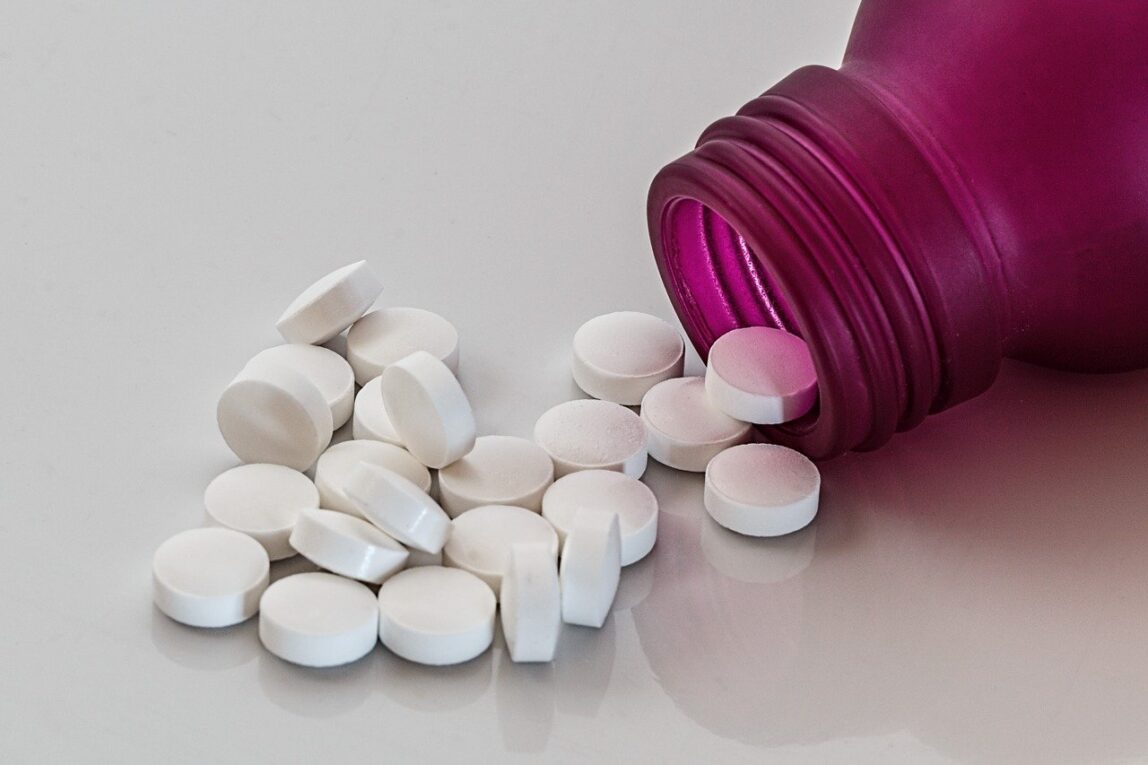What is Telmisartan?
Telmisartan is an angiotensin receptor blocker (ARB) medication used primarily for the treatment of hypertension or high blood pressure. It works by selectively blocking the action of angiotensin II, a hormone that causes blood vessels to narrow thereby increasing blood pressure. By blocking angiotensin II’s effect, telmisartan causes blood vessels to relax and widen, reducing the workload of the heart and lowering blood pressure levels.
How does it work?
To understand how telmisartan works, we need to look at the renin-angiotensin-aldosterone system (RAAS). When blood pressure drops, the kidneys produce renin. Renin then converts angiotensinogen to angiotensin I, which is further converted to angiotensin II by ACE (angiotensin-converting enzyme). Angiotensin II causes blood vessels to constrict and narrow, increasing blood pressure. It also stimulates the release of aldosterone from the adrenal glands which causes the body to retain more sodium and water, again pushing blood pressure up.
Telmisartan works by specifically blocking the binding of angiotensin II to the AT1 receptor situated on muscle cells in the artery walls. By selectively blocking the binding of angiotensin II to its receptor, it causes arterial smooth muscles to relax, resulting in vasodilation and reduced blood pressure.
Benefits of using Telmisartan
Telmisartan provides several benefits as an antihypertensive medication:
– Effective blood pressure control: Numerous clinical studies have demonstrated telmisartan’s ability to significantly reduce both systolic and diastolic blood pressure in patients with hypertension. It provides comparable efficacy to other ARBs and ACE inhibitors.
– Once daily dosing: Telmisartan comes in both immediate and extended release formulations allowing convenient once daily dosing which improves medication compliance.
– Cardiovascular risk reduction: Long term studies have found telmisartan to be protective against cardiovascular events like heart attack and stroke beyond blood pressure lowering alone. It reduces left ventricular hypertrophy, arterial stiffness and protects organs.
– Renal protection: ARBs like telmisartan help preserve kidney function and reduce progression to renal failure in hypertensive patients with risk factors like diabetes or chronic kidney disease.
– Metabolic benefits: Some research indicates telmisartan may improve insulin resistance and protect against new onset diabetes in high risk patients. It also shows favorable effects on lipid levels.
– Well tolerated: Telmisartan has an excellent safety and tolerability profile. It causes minimal side effects compared to other antihypertensives and has a low propensity for drug interactions.
How effective is it compared to other ARBs?
Telmisartan has comparative efficacy to other ARBs in reducing blood pressure but offers some distinct advantages:
– Prolonged action: The extended release formulation provides blood pressure control for 24 hours with a single daily pill, whereas other ARBs may require twice daily dosing.
– Greater ARB potency: Telmisartan is one of the most potent ARBs available due to its high affinity and selectivity for the AT1 receptor. It provides effective BP reductions even at lower doses.
– Fewer side effects: Randomized studies have found telmisartan to have a lower incidence of adverse effects like hypotension, dizziness or cough compared to losartan or valsartan.
– Renal benefits: Research indicates telmisartan confers more renoprotection than losartan in hypertensive patients with type 2 diabetes and nephropathy, helping to delay progression to end stage renal disease.
– Metabolic effects: Telmisartan appears to have a comparatively more beneficial effect on metabolic syndrome components like high blood sugar, abdominal obesity and dyslipidemia based on available evidence.
While all ARBs lower blood pressure well, telmisartan stands out for its once daily dosing convenience, potent ARB activity, renal and metabolic advantages and favorable side effect profile compared to alternatives.
Safety and side effects
Telmisartan is generally very well tolerated with a good safety record in long term clinical trials and post-marketing use. The most commonly reported side effects include:
– Headache
– Dizziness
– Fatigue
– Back pain
– Upper respiratory infection
However, these side effects occurred at a similar or slightly lower frequency than placebo and other ARBs. Serious side effects are rare with telmisartan but may include hypotension, angioedema or impaired renal function in susceptible individuals. As with all ARBs, it should be used with caution in patients with severe kidney disease or bilateral renal artery stenosis.
Overall, considering telmisartan’s efficacy in lowering blood pressure, cardiovascular protection, organ protective effects like renal preservation and convenient once daily dosing with a minimal side effect burden – it presents an excellent option for first line therapy in hypertension treatment and management.
*Note:
1. Source: Coherent Market Insights, Public sources, Desk research
2. We have leveraged AI tools to mine information and compile it

